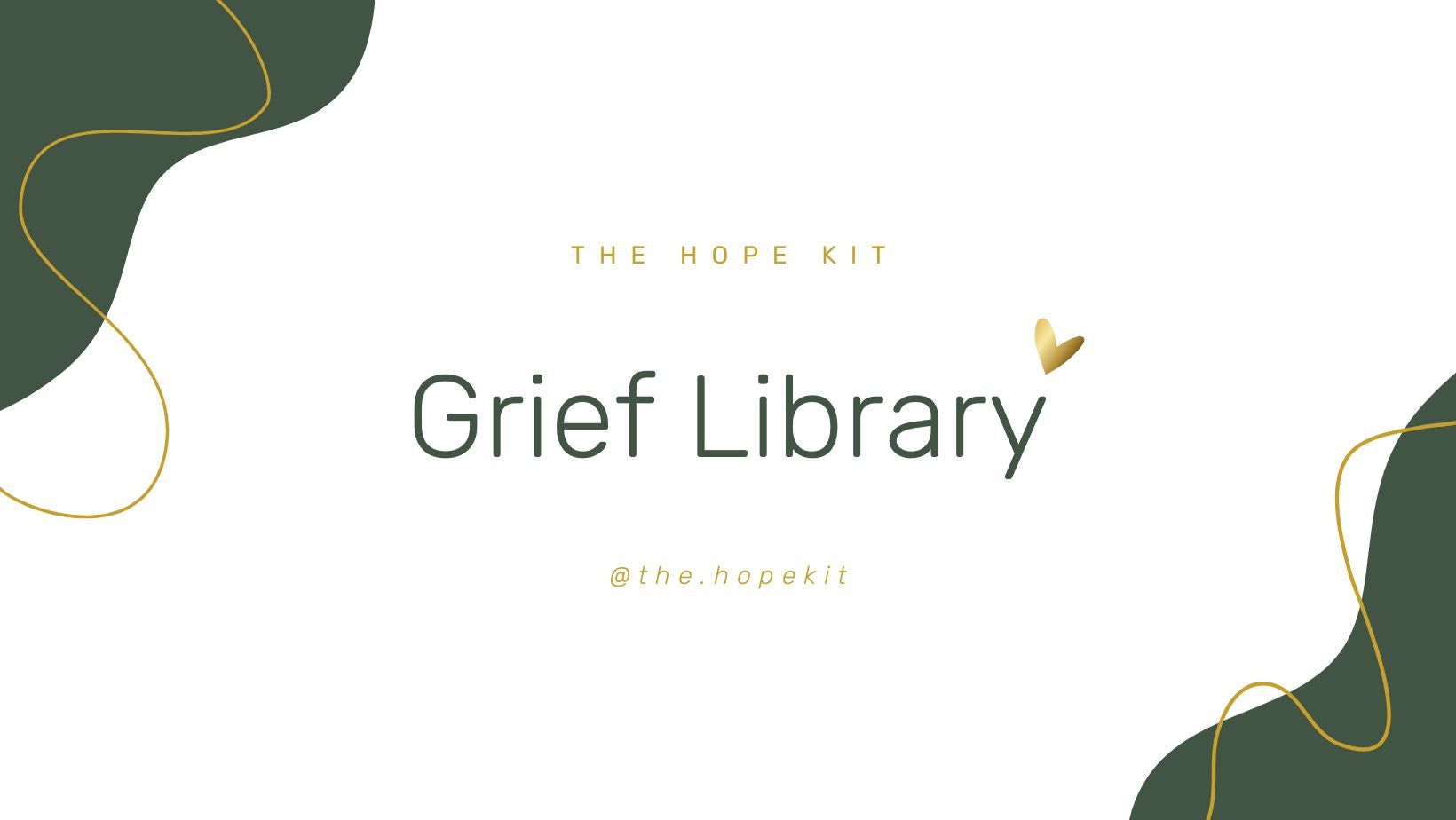"Healing Together: The Power of a Strong Healing Team"
Have you ever felt like you were stuck in a deep, dark hole of grief with no way out? I know I have. It's a lonely, isolating feeling that can leave you feeling hopeless and helpless. But there is a way out. And that's where the healing team comes in. This group of trusted individuals can help guide you out of that dark place and into the light of healing. I know this because my healing team rescued me from my own grief black hole. And I want to share with you the key concepts that made it possible.
First, invite trusted individuals into your healing team. These are people who know you well, who have your best interests at heart, and who you trust implicitly. For me, it was my close friends and family members who had always been there for me, through thick and thin. They provided a safe space for me to open up and share my deepest feelings.
Next, assign a scribe for the healing team meeting. This can help keep everyone on track and ensure that all important points are covered. It also provides a written record of what was discussed, which can be helpful for follow-up and review.
Identifying a team captain that will lead your healing team is also important. This person can help coordinate meetings, assign tasks, and keep everyone on track. For me, it was my therapist who took on this role. She helped me navigate the healing process and kept me focused on my goals.
Creating a code word can also be helpful in situations where you need to communicate something to your healing team without being overheard. For example, I used the code word "banana" to indicate that I needed a break from the conversation.
Inviting honesty and openness is key to a successful healing team. It's important to create a safe space where you and your team members can share your thoughts and feelings without fear of judgment. This can be difficult, but it's worth it in the end.
Identifying your needs and wants is also important. This can include things like physical therapy, emotional support, or changes to your lifestyle. For me, it was important to have regular check-ins with my therapist and to make time for self-care activities like yoga and meditation.
Identifying resources that are available can also be helpful. This can include support groups, therapists, or medical professionals. Your healing team can help you to identify these resources and provide support as you access them.
Assigning tasks to your healing team members can help ensure that everyone is contributing to your healing journey. For example, my sister would check in with me regularly to see how I was doing, while my friend would take me out for coffee or a walk when I needed a break.
Working on personal habits of healing is also important. This might include things like getting enough sleep, eating a healthy diet, or practicing mindfulness. Your healing team can provide encouragement and support as you work on these habits.
Finally, creating accountability via follow-up and review can help ensure that you stay on track with your healing goals. Regular check-ins with your healing team can help you to stay motivated and make progress towards your goals.
Overall, the healing team is a powerful tool for anyone who is struggling with grief, trauma, or other challenges. By inviting trusted individuals into your team, identifying needs and resources, and working together to support each other, you can find your way out of that dark place and into a brighter future.
Thanks,
"The Hope Team"




